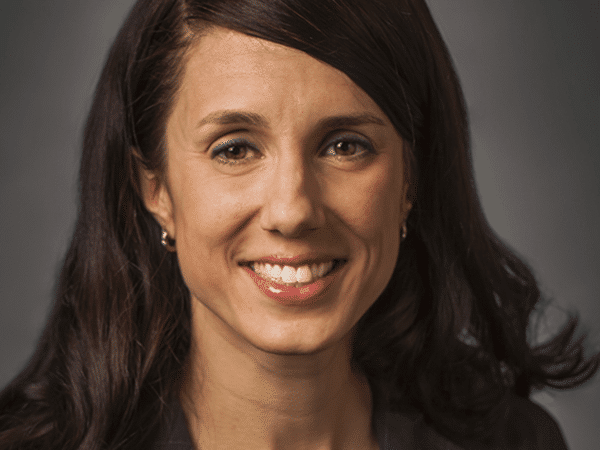In this blog, Amanda Stein, Start Early director of research and evaluation, shares findings and takeaways from our latest research study of pre-K access and enrollment policies in Chicago which aimed to remove obstacles and drive engagement for children and families in underserved neighborhoods.
Equity-Focused Research and Policymaking
At this poignant time, a public health crisis is both holding a magnifying glass to and further exacerbating racial and economic disparities and systemic injustices for young children and their families. The need for equity-focused policy making and research has never been more pronounced. And the field of early care and education (ECE) is no exception.
The National Association for the Education of Young Children (NAEYC), in their 2019 position statement on advancing equity in ECE, defines equity as “the state that would be achieved if individuals fared the same way in society regardless of race, gender, class, language, disability, or any other social or cultural characteristic.” This means eliminating “differences in educational outcomes as a result of who children are, where they live, and what resources their families have.”
The Value of Early Care and Education
Given the well-established body of research evidence, there is no doubt that the type and quality of ECE experiences children receive both inside and outside of the home have an impact on their short-term learning and development and later life success. Furthermore, public investments in early education and intervention programs generate savings that benefit the economy long-term.
Yet children, their families, and the broader society are unable to reap the benefits of high-quality ECE programs if children and families are not able to access them. Existing research evidence shows that differential access is an important contributing factor to inequities in enrollment. The long-term benefits associated with strong care and education in the early years make these disparities particularly concerning.
A Focus on Pre-K Access and Enrollment in Chicago
Recently, Start Early partnered with a group of researchers from NORC at the University of Chicago, UChicago Consortium on School Research and policymakers in Chicago to explore whether and how policy efforts in the city helped to create more equity within the district’s early education system for high priority students. We examined access and enrollment to school-based pre-K in Chicago Public Schools (CPS), before and after significant policy changes that began in 2013-14, with a focus on re-allocating pre-K classrooms to schools throughout the city and increasing the number of full-day pre-K classrooms.
The overall goal was to improve access and enrollment for high-priority groups to help them better prepare for success in kindergarten and beyond – including students of color, students speaking a language other than English and students living in neighborhoods with lower income and higher unemployment.
Adopting A Neighborhood-Centered Approach in Chicago
In addition to examining changes in pre-K access and enrollment, we used a “neighborhood-centered” method to explore patterns of access and enrollment based on the neighborhood where students resided.
Our methodology resulted in a concise set of five neighborhoods groupings focused on the characteristics of residents and variations within communities, which is critical to informing policy decisions about how to most equitably allocate services, supports, and resources.
What We Learned: Evidence of Greater Equity
Prior to Chicago’s policy changes in 2013-14, White students and students living in the highest-income neighborhoods had the greatest number of full-day pre-K classrooms nearby and were most likely to enroll in full-day pre-K.
We found evidence of improvements following the policy changes:
- A larger portion of CPS elementary schools offered full-day pre-K, students lived an average of 0.6 miles closer to a school with at least one full-day pre-K and full-day pre-K enrollment rates grew nearly four-fold during the study.
- Enrollment tripled in school-based full-day pre-K among Black students and students living in lowest-income neighborhoods.
- Latinx students were more likely to enroll in full-day pre-K, at slightly lower levels than other groups.


